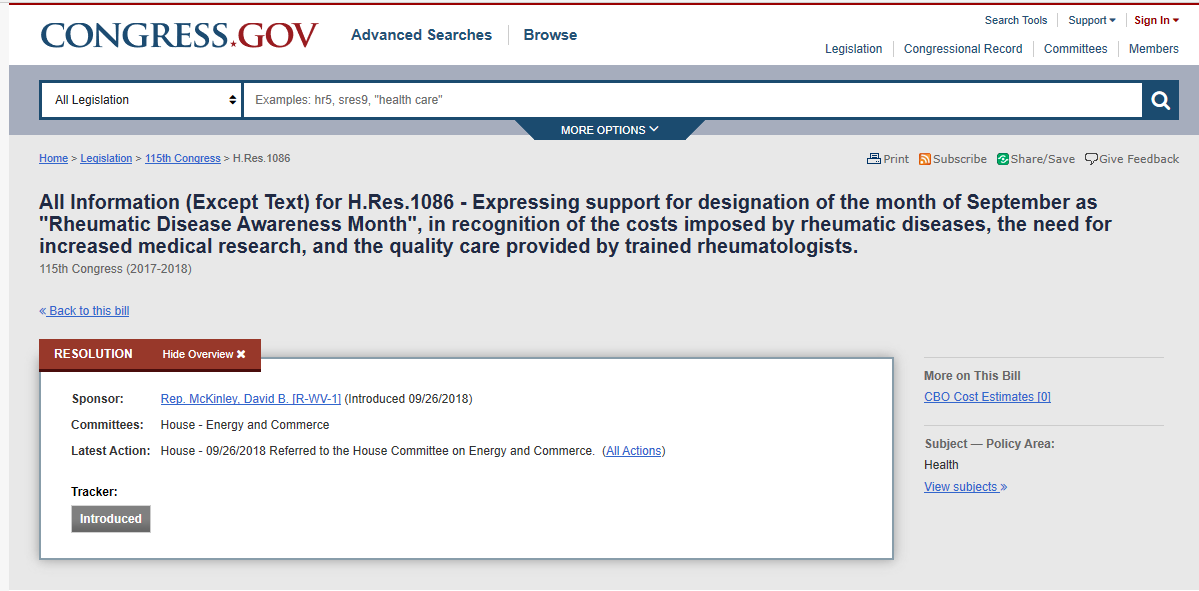"Bipartisan" and "McKinley" in the same sentence?
Mike Myer and the Intelligencer kick off the congressman’s reelection campaign
Today’s Mike Myer column is mostly about praising WV’s 1st Congressional District congressman, David McKinley, for his supposed bipartisanship. Support for Myer’s position comes in the form of the recently-released Lugar Center Bipartisan Center Index for the 115th Congress which ranked McKinley 11th in the House.
The Index purports to examine how often and how well a representative works with members of the opposition party in co-sponsoring and getting co-sponsors for his/her bills. This methodology lends itself to specific numbers because it uses something that is measurable – whether the opposition party is connected to the introduction of a bill (making it “bi-partisan”).
To that end, Myer explains why McKinley did well:
But McKinley has produced many pieces of legislation on a variety of issues. A quick look at the last 50 bills and resolutions he introduced reveals something interesting: Just four of those measures had only fellow Republicans as co-sponsors. A whopping 46 had at least some Democrats on the co-sponsor lists.
It may be something we can count, but does this methodology necessarily prove that a congressman is “bipartisan”? Or does it prove that he/she has learned how to “game the system”? For example, here is the last resolution sponsored by McKinley in the 115th Congress as Congress.gov describes it:

If you scroll down the page, you get to co-sponsors and the following name is listed: Rep. Eshoo, Anna G. (D-CA-18). If I understand the index’s methodology, both McKinley and Eshoo would receive credit even though this resolution, while admirable, is not contentious and went nowhere. On the other hand, has McKinley ever seriously compromised so that his name could be added as a co-sponsor to an alternative energy bill? An immigration bill? A comprehensive health bill? If McKinley is “bi-partisan”, the word has lost its meaning.
Further proof that this is a questionable methodology? Does any senator do more than Democrat Joe Manchin to reach out to the other side? I often don’t like it, but if we are looking for a senator who is trying to work with the other side, no one comes close to Manchin in either party or either chamber. How does Senator Joe fare next to Rob Portman (R – Ohio) and Shelley Moore Capito (R – West Virginia) accord to Lugar? Who is the most bipartisan? According to the Lugar Index, Portman and Capito rank 2nd and 3rd while Manchin comes in 25th.
My subheading suggests that this is the “kick-off” to McKinley’s reelection campaign. In the middle of the column is an old Myer story* about McKinley that has nothing to do with bipartisanship:
Need I remind West Virginians that virtually the only big victory scored on behalf of the coal industry during former President Barack Obama’s tenure was a McKinley production? In case you’ve forgotten, it was when he forced the Environmental Protection Agency to back away from new rule on coal ash.
How is that about bi-partisanship? Obviously, this column isn’t about working with the other side, it’s about getting McKinley reelected.
*Note – long-time readers know that I’ve flagged this Myer claim many times. I've also spent far too many hours trying to find out what he is writing about to no avail.